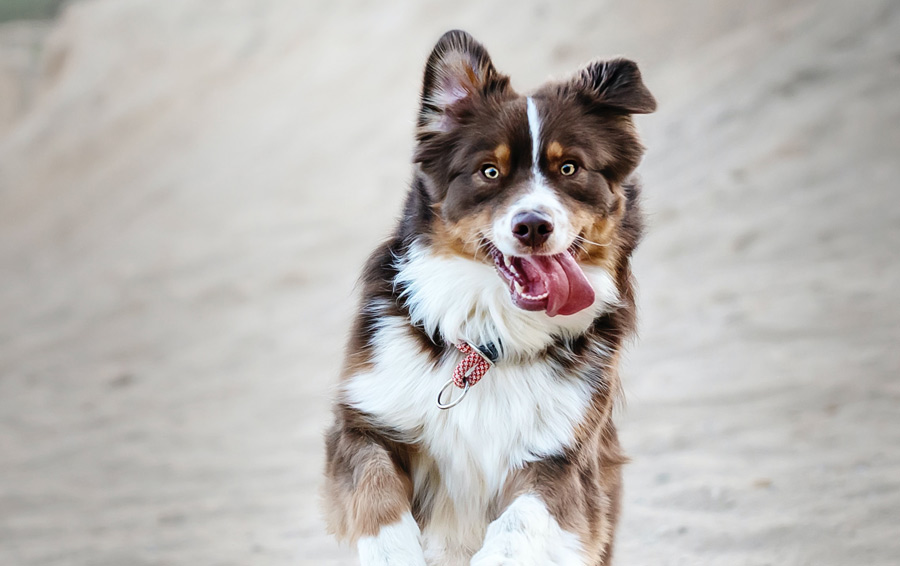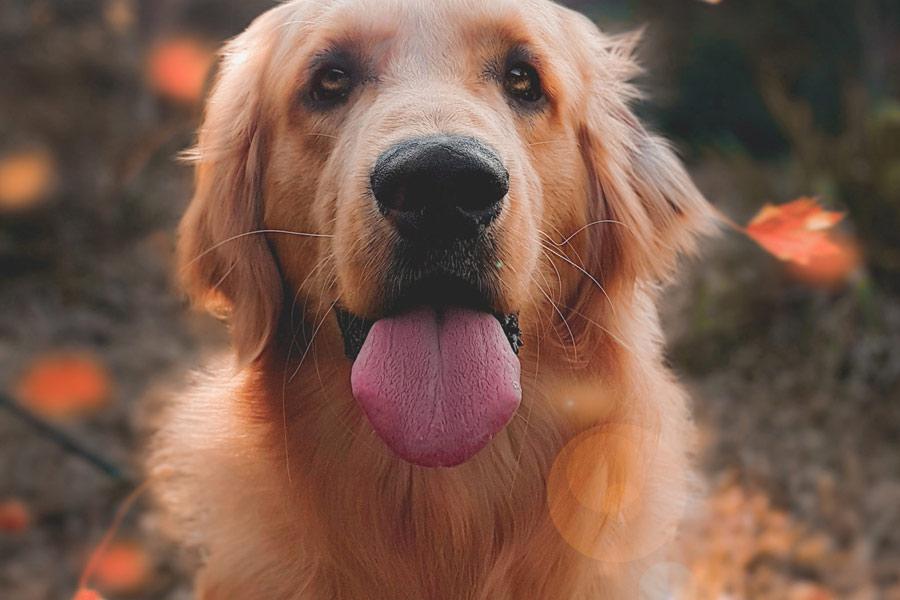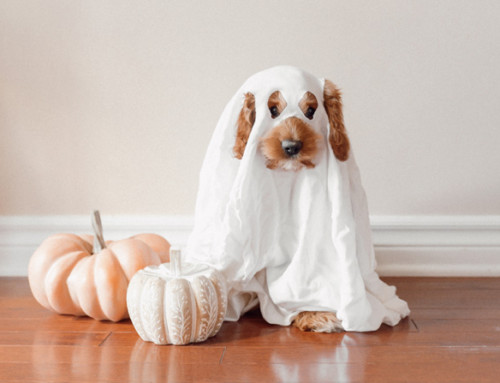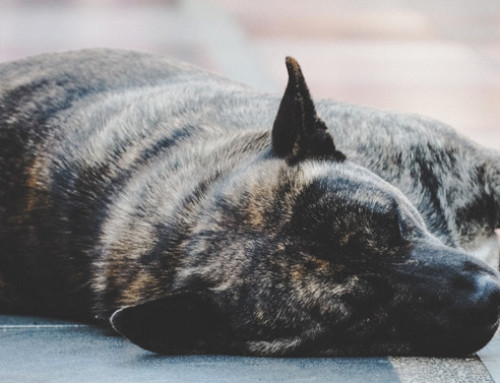From not-so-sweet puppy kisses to downright stinky dog breath, is your furry friend suffering from a case of pongy mouth?
We all love getting up close to our pets for hugs and kisses, but it’s not so much fun when their breath whiffs. If you find yourself reeling backward at the reek of your dog’s breath, it’s high time you take action.
Bad breath in dogs certainly isn’t uncommon, but it’s not very nice either. Particularly if you happen to have a dog who loves to lick!
Luckily there are ways to combat nasty dog breath, but it pays to understand what causes pongy breath in the first place.
Why does my fur pal have such bad breath?
This is a common question amongst pet owners and the answer is often quite simple – poor dental hygiene. Just like us humans, dogs need to look after their teeth to prevent dental disease and bad breath.
According to the RSPCA, dental disease is by far the most widespread cause of bad breath in dogs. In fact, 80% of dogs show some signs of dental disease by the time they are three years of age.
Another possible cause of bad breath in dogs is their food. A food item may be trapped in your dog’s teeth, which can cause yucky breath, or your fur baby might have eaten something smelly like fish at the beach or even another animal’s poop. Yuk!
While often the cause of a bad breath in dogs is not too serious, it’s always worth a trip to the vet to check for underlying illness, such as diabetes and kidney disease. Both of which can cause pungent breath.
In most cases though, there are actions pet owners can take to get rid of their dog’s smelly breath.
How to put a stop to stinky dog breath
Assuming your fur pal doesn’t have any underlying illness causing its bad breath, there are a few steps you can take to curb your dog’s smelly breath. Here are a few ideas.
Brush your dog’s teeth
Given that the main culprit behind bad breath in dogs is dental disease, it’s important to brush up on how to maintain good oral hygiene for your furry friend.
Daily brushing with a veterinarian recommended toothpaste can help keep your dog’s teeth and mouth fresh and clean. It’s best to introduce your dog to tooth brushing from a young age but if that didn’t happen in your household, it’s okay as it’s never too late to start! The trick is to take it slowly.
Give your dog something to chew
Chewing helps prevent tartar and plaque build-up and, luckily, it’s something your dog loves to do. Chewing also stimulates saliva production in the mouth, which can help flush out leftover food bits and debris and act as a buffering agent. So, make sure your dog has a few chew toys lying around, or try giving your dog dental chews or a raw meaty bone to get his teeth into.
Assess your dog’s diet
In some cases, bad breath in dogs is caused by diet. Feeding your fur friend the wrong diet can upset its digestive tract, which can result in bad breath. What’s more, some dogs can benefit from wet, rather than dry dog food. Check in with your vet to see what they suggest on the matter.
Take a trip to the vet
It’s always worth talking to your vet about your dog’s bad breath. Aside from making sure there are no serious health causes, vets can offer advice on the array of products available to help address bad breath in dogs.
From canine toothpaste and water additives to dental chews and special diets, it’s highly likely they’ll have a solution to help conquer your dog’s stinky breath.
What steps have you tried to put an end to pongy dog breath?
Image source: Unsplash








Leave A Comment